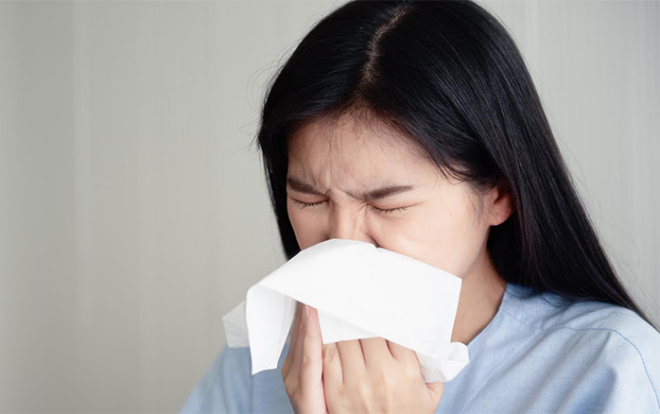TLI Staff
New Delhi: Coronavirus, the latest deadly virus on the block has been raising alarm bells across many countries. On its part India has started thermal-screening of air travellers coming from Chinese cities. A suspected person infected of the deadly virus has been quarantined in Mumbai.
A total of 440 cases of Coronavirus infection are found in China, followed by two in Thailand and one each in Japan, South Korea, The United States and Australia (potential).
The virus was identified on January 7, which belongs to the family of viruses that include the common cold and viruses such as SARS (Severe Acute Respiratory Syndrome) and MERS (Middle East respiratory syndrome). The virus started its spread in Wuhan City, Hubei Province of China and WHO was alerted after several cases of pneumonia in the area.
World Health Organisation (WHO) has been working with Chinese authorities and global experts to learn more about the virus and how it affects the people who are infected, how they can be treated, and what countries can do to prevent it.
“With no specific treatment and vaccination being still in developing stage, prevention is the most effective cure against the Coronavirus,” said Dr. Rahul Tambe, Senior Consultant, Internal Medicine, Nanavati Super Speciality Hospital.
What is Coronavirus
Coronavirus is a respiratory infection that primarily affects the animals and in rare instances, causes infections in humans. It’s known to cause mild respiratory tract infections—very similar to other respiratory tract viral infections. Rarely, upon disease progression,it causes pneumonia and respiratory failure and death.
The Coronavirus originating from China is found to infect humans as well. Respiratory secretion and coughing are two known sources of infection transmission amongst the humans.
How to protect yourself from Coronavirus
WHO has issues guidelines for general public to protect against the deadly virus from hand and respiratory hygiene to safe food practices.
1) Frequently clean hands by using alcohol-based hand rub or soap and water.
2) When coughing and sneezing, cover mouth and nose with flexed elbow or tissue – throw tissue away immediately and wash hands.
3) Avoid close contact with anyone who has fever and cough.
4) If you have fever, cough and difficulty breathing seek medical care early and share previous travel history with your health care provider.
5) When visiting live markets in areas currently experiencing cases of novel coronavirus, avoid direct unprotected contact with live animals and surfaces in contact with animals.
6) The consumption of raw or undercooked animal products should be avoided. Raw meat, milk or animal organs should be handled with care, to avoid cross-contamination with uncooked foods, as per good food safety practices.
“It’s highly advisable to screen patients who have returned from China or suspected areas of Corona Virus outbreak. Relatives and close personnel of the patients should wear protective masks and avoid close contact to prevent infections. Patients with dry cough, high temperature and breathlessness should report to nearest medical facility,” said Dr Tambe.
“In view of respiratory mode of transmission, the virus has capacity to spread rapidly from travellers across the globe and can involve multiple countries and continents in no time. Diagnosis and isolation of the virus can be done at advanced laboratories,” added Dr Tambe.
Picture Courtesy: WHO

